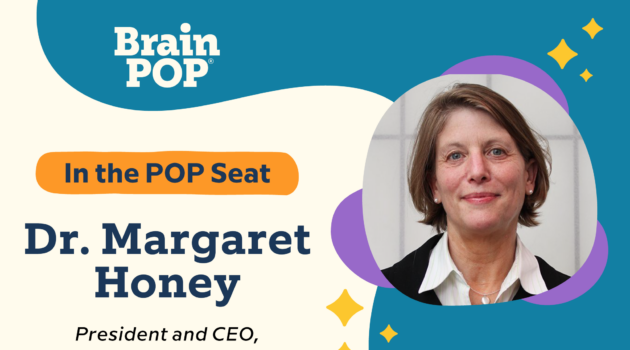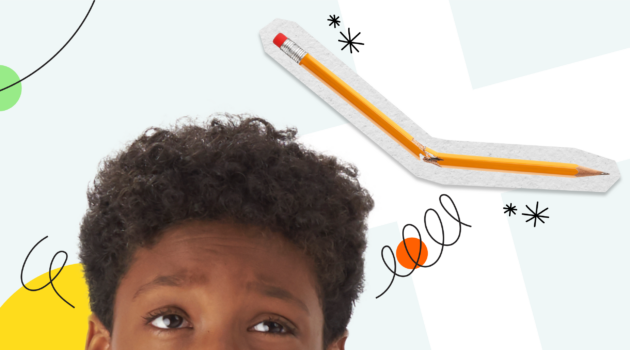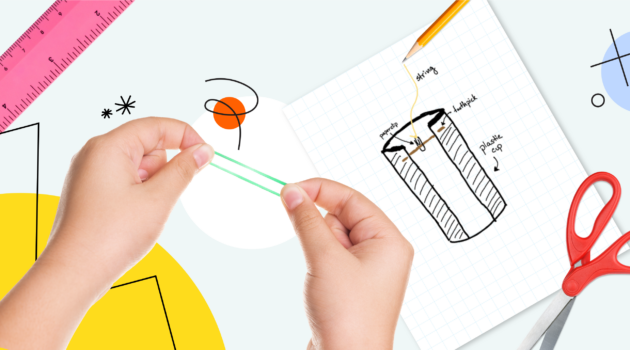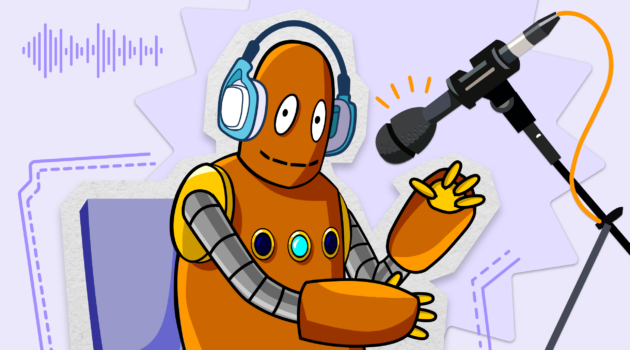BrainPOP Science
Introducing BrainPOP Science: Empowering the Next Generation of Scientific Thinkers
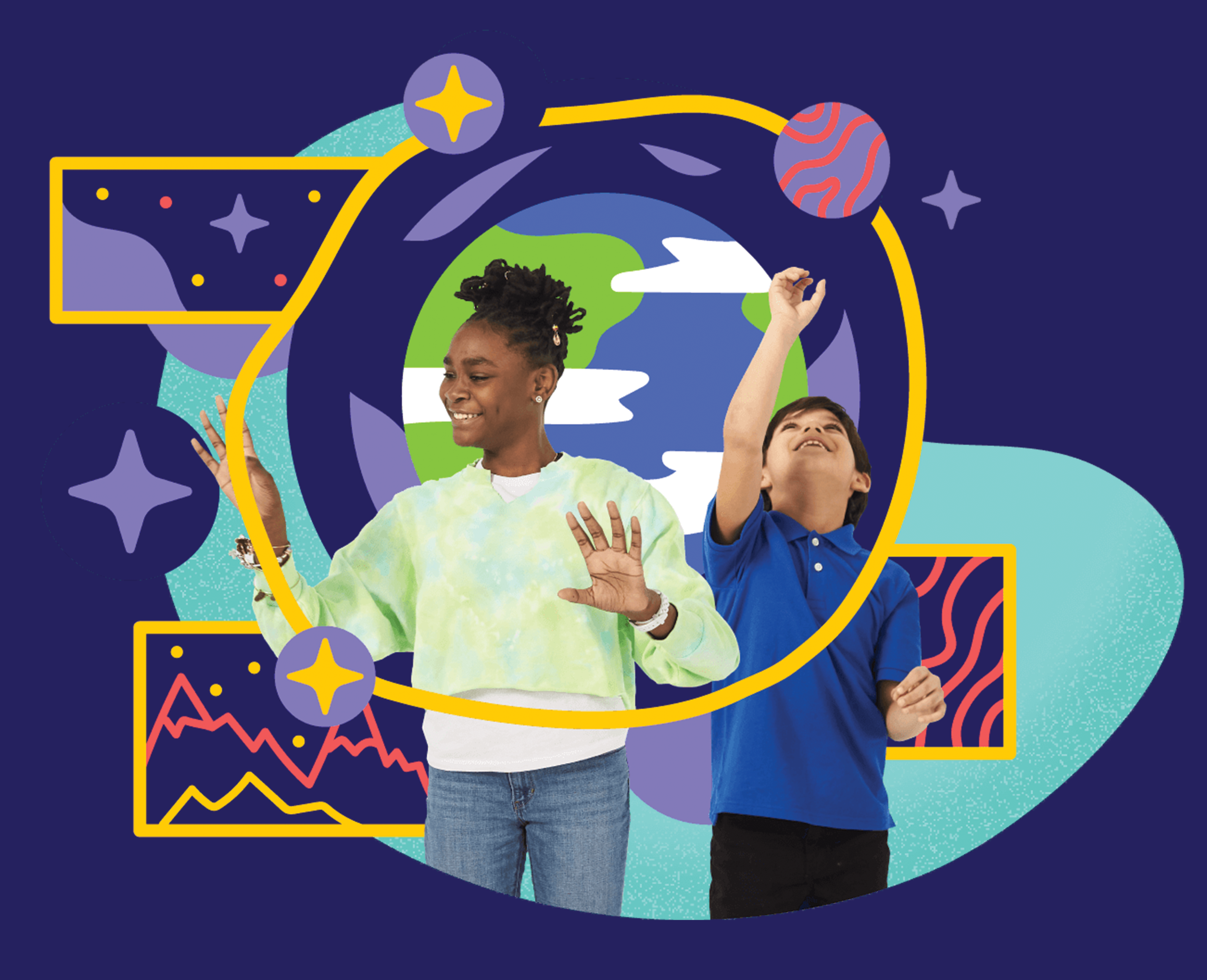
I spent the early part of my career as a physician-scientist, and in later years became an edtech entrepreneur and the founder of BrainPOP. In each of these roles, the ability to “think like a scientist” was essential to any success I have had.
Scientific thinking has been at the heart of BrainPOP’s educational ethos for the last 22 years. We know young children are inherently curious. They have a wide-eyed approach to new ideas and are not constrained by ego or agenda. You might say that kids are scientists in the making. Our role as educators and parents is to channel kids’ natural inclination and help them ground it in practice.
BrainPOP got its start with a focus on health and science, and recent research from Gallup and the Rand Corporation shows that elementary and middle school teachers have long turned to us to help teach science. The study and practice of K–12 science has evolved significantly over the years, but our commitment to meeting educators and students where they are has not.
That is why we are launching a new addition to our suite of products designed specifically for middle schoolers: BrainPOP Science takes curiosity and scientific thinking to the next level. It focuses on helping students master the rigorous “three-dimensions” of learning that are core to the Next Generation Science Standards (NGSS): crosscutting concepts, science and engineering practices, and disciplinary core ideas.
We have a window of opportunity to make science more relevant, accessible, and engaging than ever before for a generation of students.
In his new book, Think Again, organizational psychologist Adam Grant defines thinking like a scientist as “being actively open-minded. It requires searching for reasons why we might be wrong – not for reasons why we must be right – and revising our views based on what we learn.”
In other words, scientific thinking is a continuous learning process rooted in curiosity and humility. Regardless of the topic we cover, this has always been the BrainPOP approach and educational ethos.
Science has never been more essential to our existence than it is today. Living through a global pandemic, kids witnessed the most profound innovation of their young lives as scientists raced to produce a COVID-19 vaccine. Scientific thinking is no longer an obscure theoretical practice that takes place in a remote corner of a lab. It is directly addressing the prolonged isolation, displacement, and trauma many are experiencing.
Against the backdrop of a year of remote and hybrid learning, learning loss, and widened equity gaps, teachers are creatively rethinking their approach to science instruction. The good news is, we have a window of opportunity to make science more relevant, accessible, and engaging than ever before for a generation of students. This is also an important step toward increasing representation of women and people of color in the STEM fields.
Let’s give kids the space and the tools to do what they do best: question, explore, discover, imagine, reimagine, and challenge the status quo. We will all be better for it.
Avraham Kadar, M.D., is an NIH-trained immunologist and founder and executive chairman of BrainPOP. Dr. Kadar discovered his passion for science as a child with polio, and has spent his career making health, science, and other subjects understandable and relatable for kids.
Learn more about BrainPOP Science, a new solution designed to help 6-8th grade science teachers navigate recent shifts in science, engineering, and technology standards, assessments, and learning environments.


